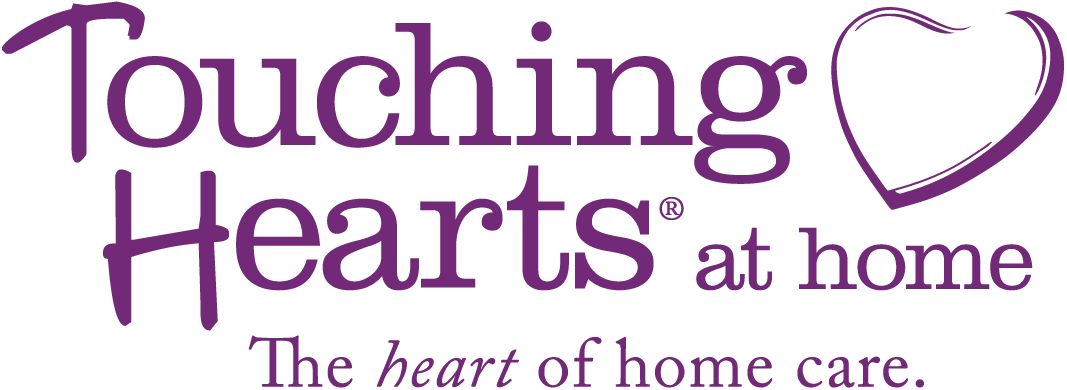At CareAcademy, our team members are passionate about making a difference in the lives of caregivers and […]
Home health audits can be a daunting experience for agency operators. But with the right preparation strategies in place, you’ll be able to sail through with flying colors. Follow the tips below to ensure your agency checks all the boxes for a successful home health audit.
Why am I being audited?
There are several reasons why agencies may be subjected to home health audits, including consumer complaints, as well as issues with appropriate documentation of services rendered. While audits are more common for home health service providers, non-medical home care agencies can also be subject to audits if they are billing Medicare and Medicaid. Laura Long, Medicare operations lead at a unified program integrity contractor (UPIC) for the Center for Medicare & Medicaid Services (CMS), explains that an audit “doesn’t necessarily mean you’ve done something wrong.” However, surviving an audit will often require agencies to produce detailed records of client billing and services rendered.
The four most common triggers for home health audits by CMS are four distinct error codes:
- No documentation: The provider fails to comply with requests for medical records supporting the claim.
- Insufficient documentation: The medical documentation submitted is inadequate to support payment for the services billed.
- Medically unnecessary services: The medical records submitted and the services billed do not constitute medically necessary services based upon CMS coverage policies.
- Incorrect coding: The provider submits medical documentation supporting the service was performed by someone else, or overcoding the claims submitted
Learn more about the meaning and implication of each of these categories of errors from the
Society of Hospital Medicine.
Tip 1: Documentation, documentation, documentation
Unfortunately, the only way to ensure that your home health agency will be able to avoid home health audits is to not bill medicare and medicaid for any services rendered to clients. Short of avoiding any relationship with CMS, documentation is your agency’s primary mode of defense against an audit.
Ensure that documentation is built into the day-to-day operations of your agency and does not fall to just one member of your staff. Your caregivers should be educated in proper CMS compliance for documentation, as well as your administrative team. Conduct regular self-audits to ensure that your documentation processes align with current CMS regulations.
Tip 2: Assess your referral sources for compliance
One area of concern for home health agencies is potential liability for non-compliance of the other members of a client’s healthcare team. For home health agencies to provide Medicare and Medicaid funded services to clients, CMS must deem them “medically necessary”, which requires physician certification and appropriate documentation.
Unfortunately, physicians are often not trained in CMS compliance protocols, which means agencies must be vigilant and proactive to ensure that referral sources are holding up their end of the compliance bargain to safeguard agency service claims.
Learn more about how to work with your referral network around compliance here
Tip 3: Technology is your friend
Technology can help you build compliance into your daily workflow, rather than being a secondary process which can fall to the wayside when things get hectic. An additional challenge unique to the parts of the long-term care industry is that services are often rendered in the patient’s home. To this end, electronic tracking and verification systems can be useful tools to prove that the patient visit actually occurred.
Beyond tracking services rendered, home health agencies should explore the value of technology to ensure their caregivers are all compliant with state and federal training and licensing. Learn more about CareAcademy's audit-ready reports.
Tip 4: Keep current on regulations
UPIC Medicare operations lead Laura Long reminds agency leaders that “To best safeguard themselves from being audited, agencies should make sure to educate their staff on the latest regulations and do their best to operate within them.” While it can feel overwhelming to weed through all of the jargon of CMS agency compliance, it is critical for home health organizations to get familiar with.
The Office of the Inspector General, which oversees CMS, has a comprehensive library of resources to support providers in proactively navigating compliance to avoid and prepare for audits.
Safeguard your agency against home health audits
Whether you’ve been notified of an official audit process or are simply working to plan for the eventual possibility, careful preparation is key to surviving home health audits. If you’re ready to ensure your caregiver training compliance is never a problem in an audit, click here to learn more about our reporting features.






